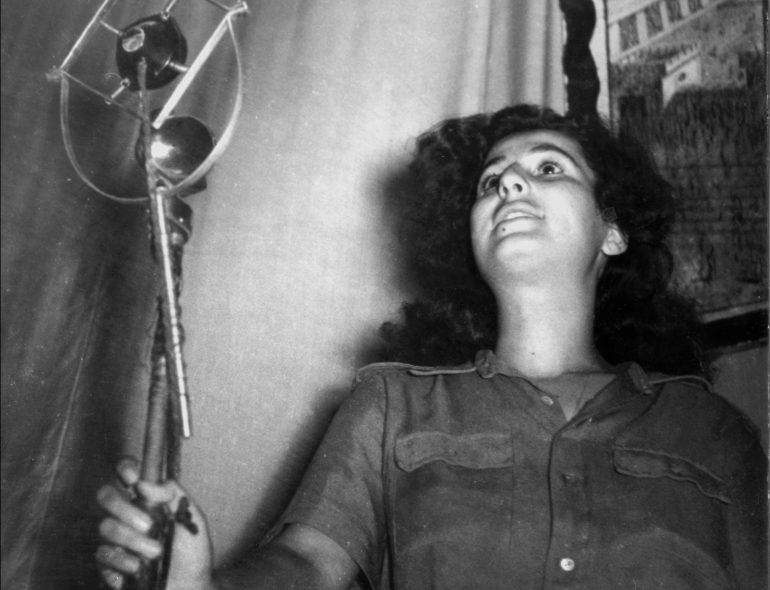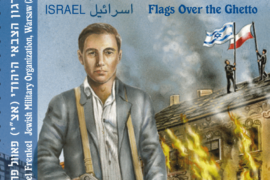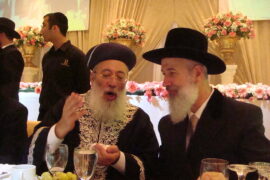Freedom fighter, lawmaker, and Israel Prize laureate Geula Cohen passed away on the 20th of Kislev, 5780 (December 18, 2019), just before her 94th birthday on the Hebrew calendar.
Cohen was born in 1925 to a Tel Aviv family of kohanim that had returned home to Palestine after generations of exile in Yemen, Morocco and Turkey.
In 1942 she joined the Etzel (National Military Organization) militia, which had declared a truce with Palestine’s British rulers so long as England was fighting World War II against Nazi Germany.
When a number of Etzel commanders, led by Avraham Stern (better known as “Yair”), concluded in 1939 that the struggle for Jewish liberation must be directed against British imperialism, many fighters joined them in splitting away from the Etzel and establishing a new revolutionary underground that would ultimately become known as Leḥi (Fighters for the Freedom of Israel).
Shortly after joining the Etzel, Cohen found her way to the more radical Leḥi, with whose anti-colonial ideology and tactics she more deeply identified.
Following the British assassination of Stern and others in early 1942, as well as the incarceration of most movement leaders left alive, several daring jailbreaks led to the reorganization of Leḥi into clandestine cells in Palestine’s Jewish urban centers.
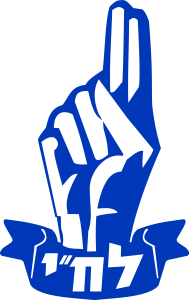
As Leḥi‘s official radio announcer, Geula Cohen took the underground alias “Ilana” and became the voice of the dreaded Sternists and resistance to British rule in the heads of Palestine’s natives and occupiers alike. She was eventually arrested by the British in 1946 mid-broadcast.
Cohen escaped from the Bethlehem women’s prison in May, shortly before her trial, but was quickly recaptured.
On June 6, 1946, Cohen was sentenced to seven years in prison for charges of being in possession of a wireless transmitter, firearms, and ammunition. During the sentencing, she sang HaTikva in the courtroom and was accompanied in singing the anthem by several members of her family.
In April 1947, Cohen escaped from the Jerusalem prison hospital with assistance from Shiekh Yusuf Abu-Ghosh and other Arab members of Leḥi. Positioned throughout and around the hospital, a few Abu-Ghosh men created a diversion to distract the guards while Cohen escaped.
Yusuf Abu-Ghosh was soon arrested for his role in the escape and, despite being brutally tortured by his British interrogators, refused to betray his Sternist comrades.
Cohen, meanwhile, returned to the struggle, began editing Sternist propaganda materials, and married Leḥi comrade Emanuel Hanegbi.
After the State of Israel was established in 1948, she sided with Dr. Israel Eldad in the Sternist split and became a regular contributor to the monthly Sulam magazine.
From 1961 to 1973, Cohen wrote for the Israeli newspaper Maariv and served on its editorial board. In 1972, she joined Menaḥem Begin’s Ḥerut party, which merged into the Likud prior to the 1973 election that brought Cohen into Knesset.
As an opponent of the Camp David Accords and Begin’s surrender of the Sinai peninsula to Egypt, Cohen left Likud in 1979 and established the T’ḥiya party with leading activists committed to maintaining Jewish sovereignty over Eretz Yisrael.
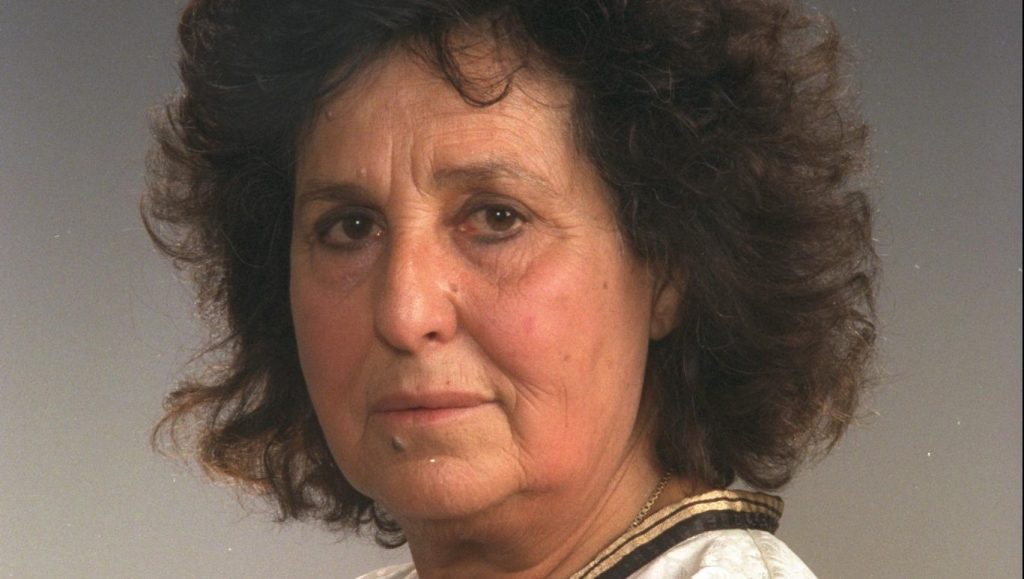
Cohen lost her seat in 1992, when T’ḥiya failed to pass the minimum electoral threshold. During her almost 19 consecutive years as a lawmaker, her greatest legislative achievement was the enactment of the 1980 “Basic Law on Jerusalem” that unified Jerusalem as Israel’s capital with a sweeping parliamentary majority.
Together with fellow T’ḥiya lawmaker Moshe Shamir, Cohen also worked to enact the “Golan Law” that annexed the heights to the State of Israel.
After retiring from politics, Geula Cohen founded the Uri Zvi Greenberg Heritage Museum in Jerusalem to promote the writings and ideas of the revolutionary poet.
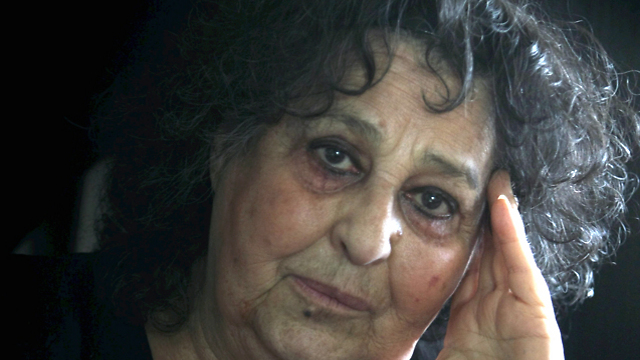
Israeli President Reuven Rivlin issued a statement on the night of Cohen’s passing.
“The burning fire of Geula was extinguished tonight. A warrior for Israel’s freedom who was an inspiration to me and to us all,” he said.
“Inspiration of power, of dedication, of love for a people for their country. We will walk in the light of this fire in the paths that she paved and in those that were paved through her powers and in her work – in the underground, in the activity for the homeland and as a legislator and parliamentarian.”
“Rest in peace, dear Geula,” he continued. “I embrace your family and send our condolences to them in great sorrow, a true national sorrow.”
A PDF version of the English translation of Geula Cohen’s book “Voice of Valor” is available here.


